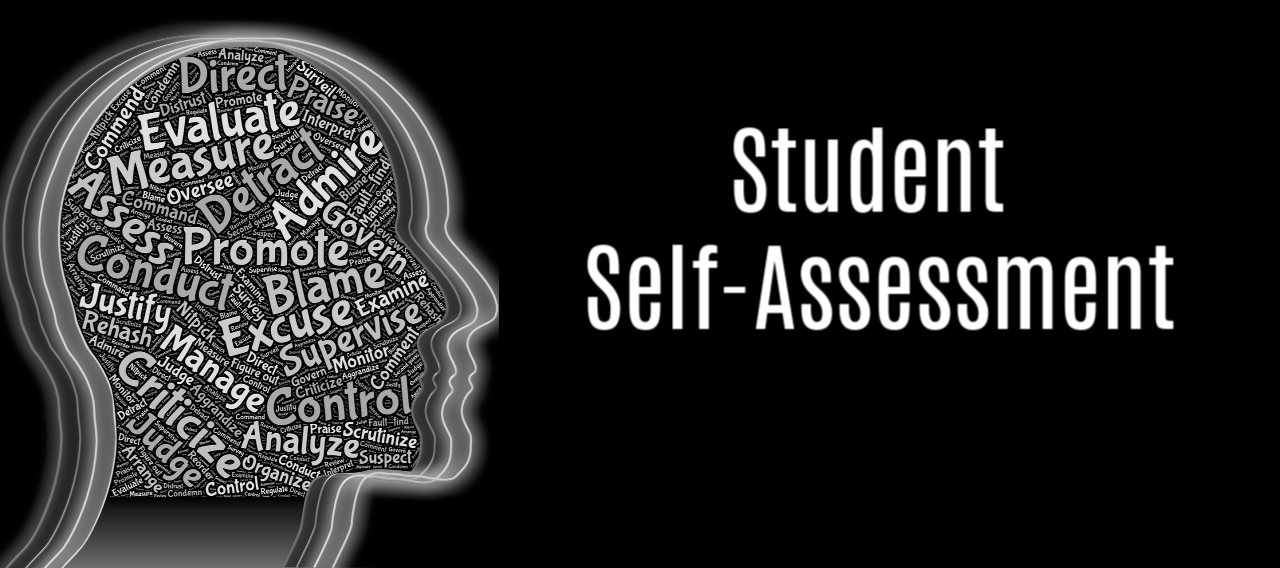

Not only is it important for students to reflect on and evaluate the work of others, they also need to build self evaluation skills. But self assessment can be tricky. It takes a lot of practice to evaluate one’s own performance. You have to divide personal feelings from critical thinking. That’s hard for even adults to do!
How do we move a student beyond saying I was good or I sucked when evaluating their work? How do we encourage students to apply critical thinking skills to their own acting?
Self assessment should remain in the realm of analysis rather than emotions. Instead of generalizing with a How did you feel? type question, ask specific questions:
A rubric is easy to follow with this type of self assessment. The more specific and detailed the answer, the higher the mark.
In the classroom, a performance is only one piece of the puzzle. Instead of a general How did you feel, you may wish to divide up student response between rehearsal and performance. Ask students to describe their rehearsal experience:
You’ll be able to get a good sense of how much a student was an active member of their group through this type of self assessment.
And then ask students to describe their performance experience:
If you ask students to reflect on the experience as a whole, have them identify what worked during the process and what they would change for future assignments. Get them to focus on technique: how have they improved their acting skills or where do they need to improve? Stay away from what they liked or didn’t like. Emotional thinking can lead to students feeling badly about themselves instead of thinking critically their acting. Stay in the realm of what worked and what didn’t work. If students can identify something that they can improve upon or that they’d like to change, you can use this as an assessment tool later on. Did they actually attempt to change or improve that aspect in a different scene?
How detailed should this assessment be?
It depends on the age of the student. You can do a checklist where students grade themselves based off of statements. You can do informal journal entries or something more formal. The point of the self assessment is that students learn to look back at what they’ve done and apply this knowledge to future work.
Click here to download a Self Assessment Checklist and a Self Assessment Question Sheet to share with your students